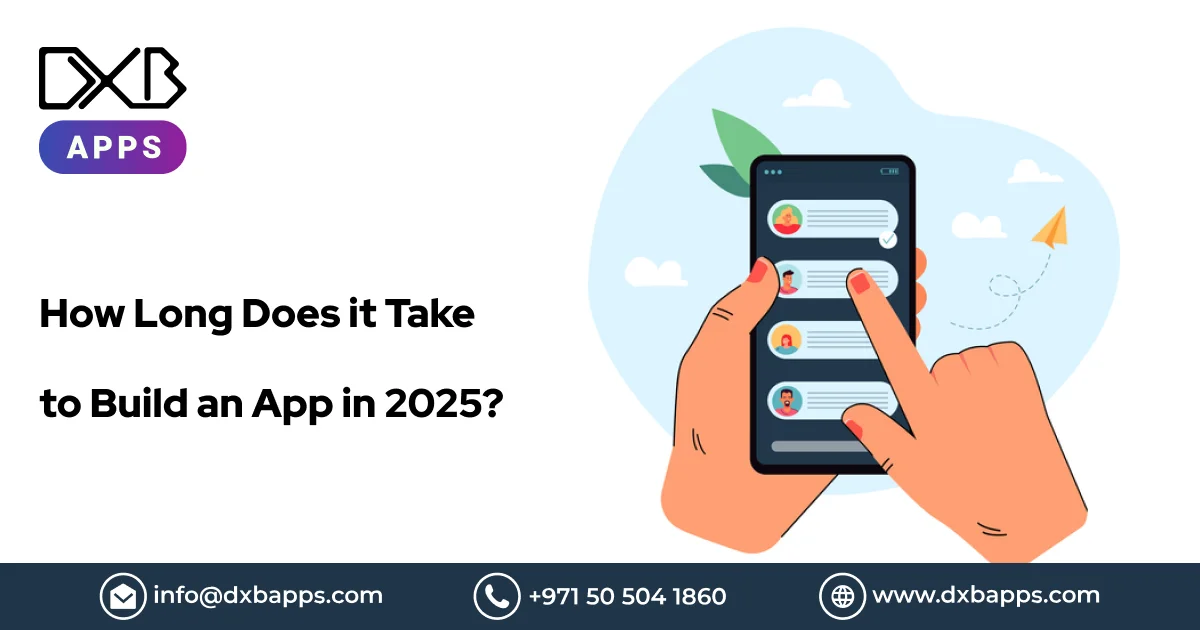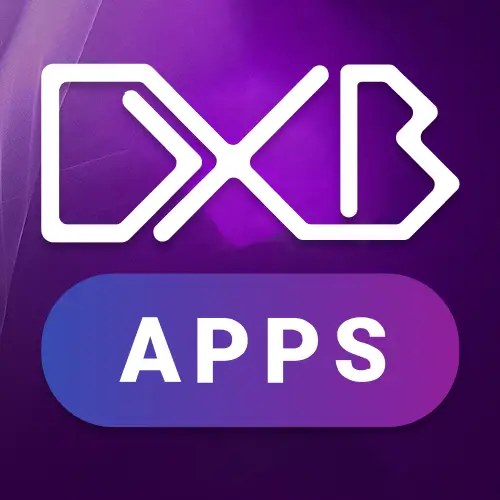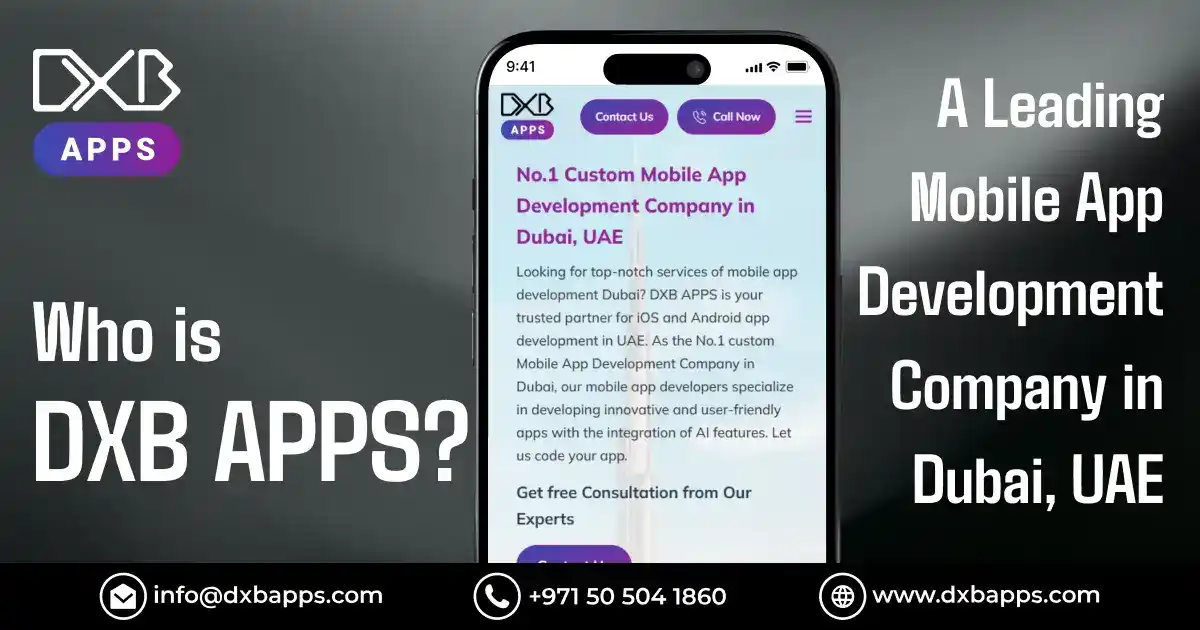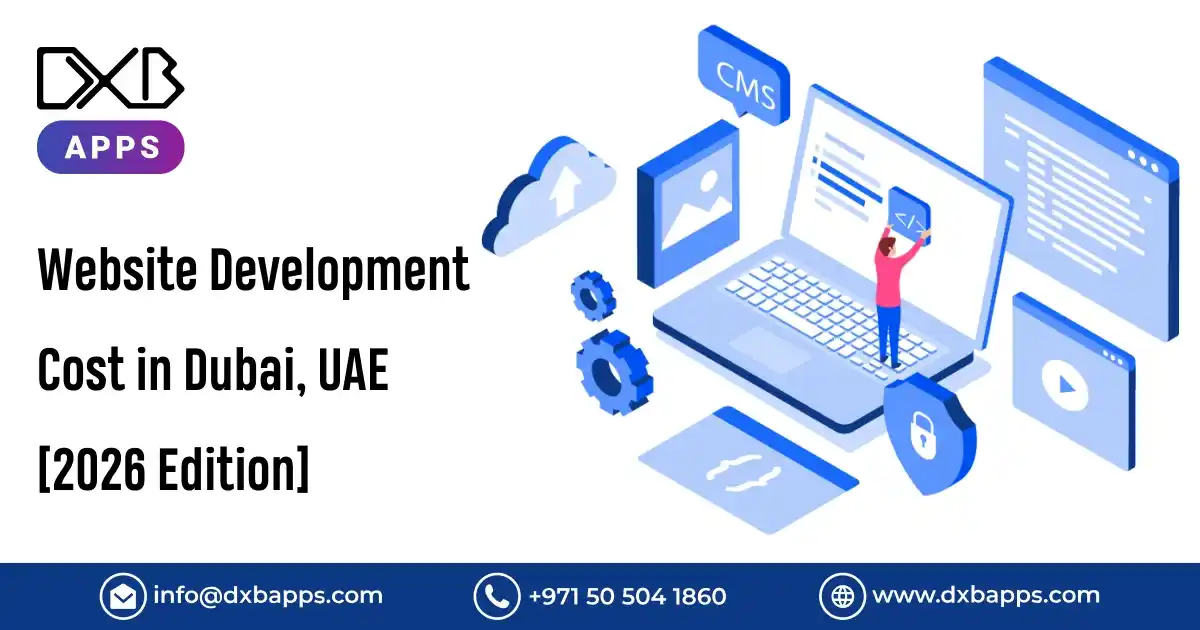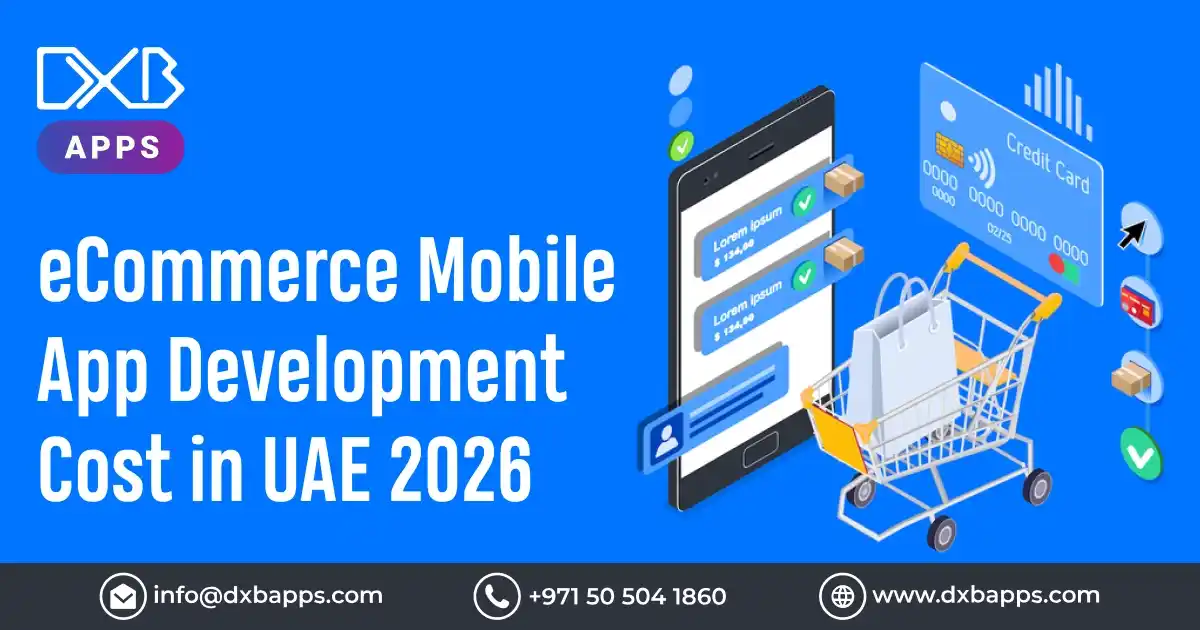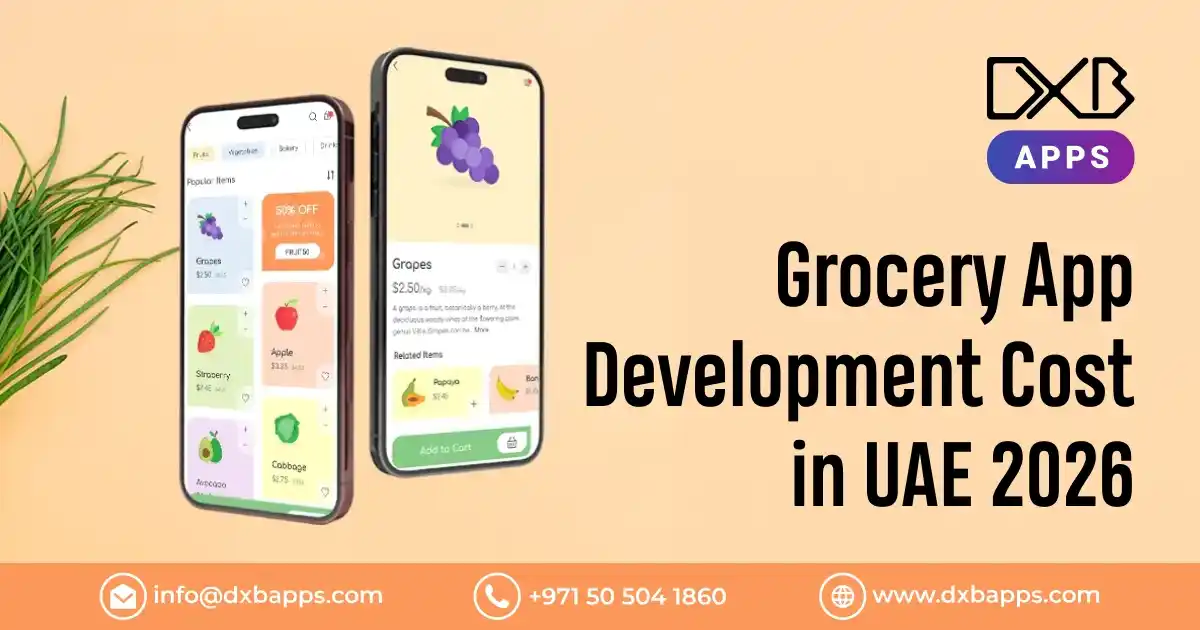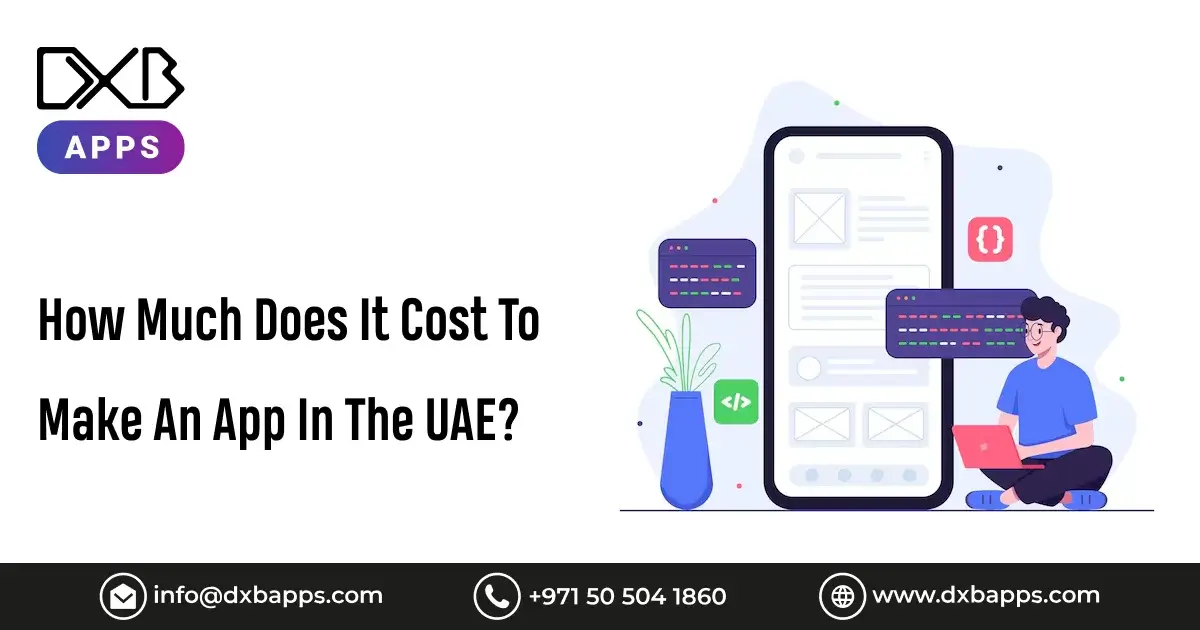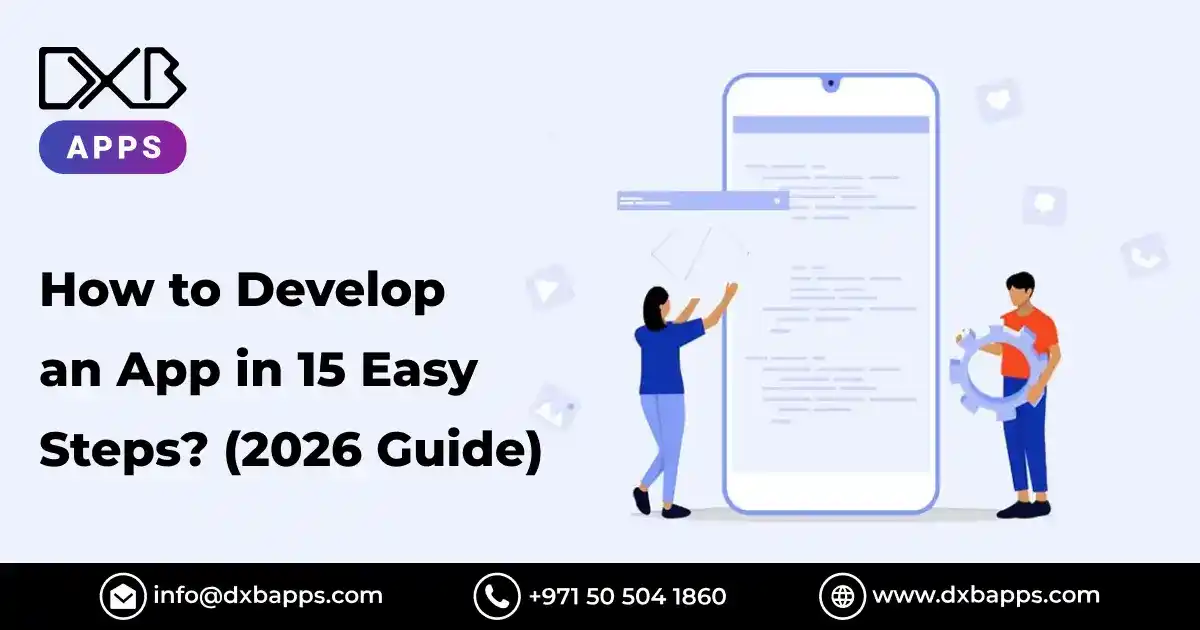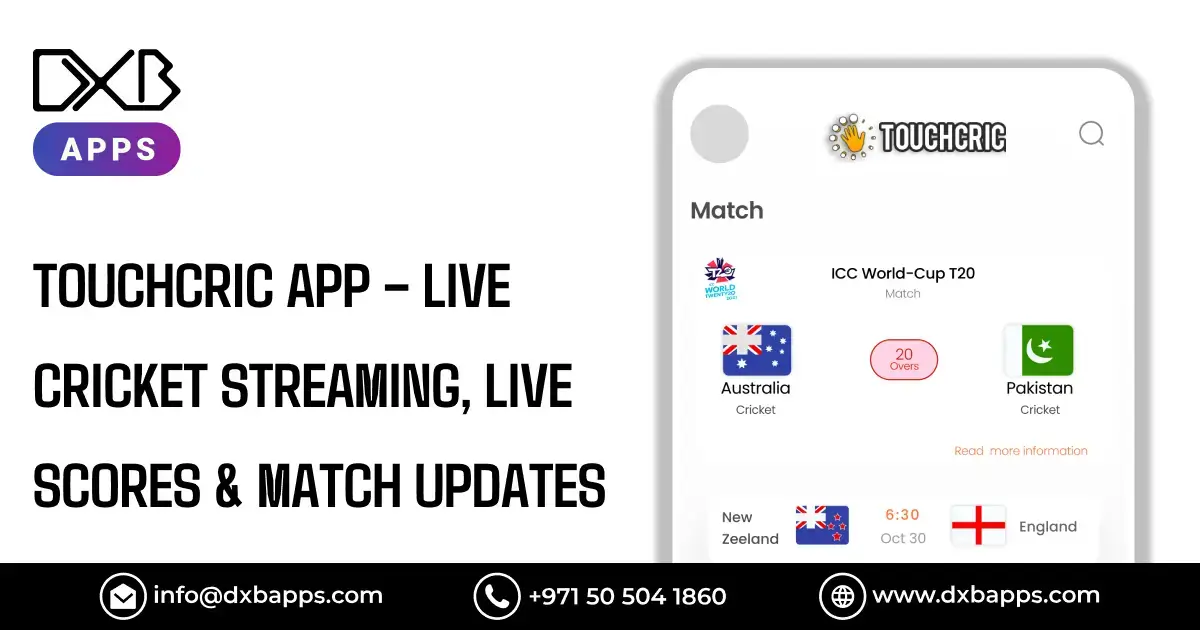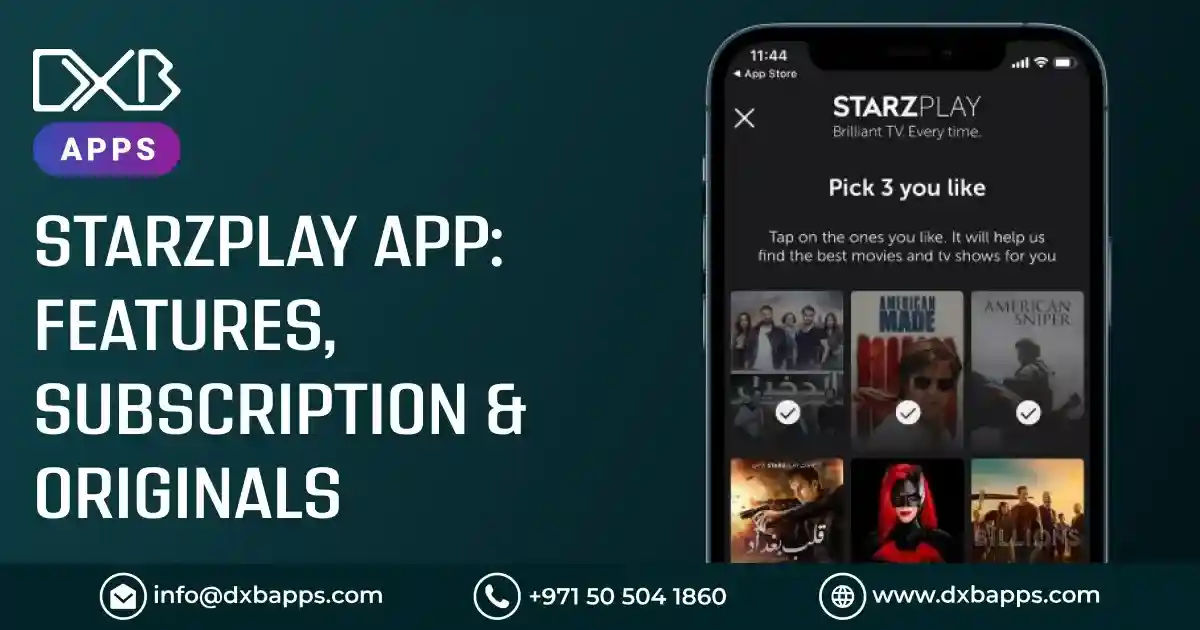Due to increased technology and the use of mobile phones, mobile app development in Abu Dhabi was highly rapid in 2025. As the number of mobile and app users grows worldwide, businesses begin to realise the significance of having their custom-developed mobile applications. The demand for mobile applications starts to rise, and thus, entrepreneurs and business houses begin questioning, "How long will it take to build an application in 2025?"
Depending upon the app's complexity, the features it holds, and the platform-whether it's an iOS, Android, or cross-platform, app-and based upon the available resources for a development team, the time may vary. So, in this blog, we break down the whole app development process, explain all the factors that influence time, and provide insight into how long you can expect to develop a mobile app in 2025.
So now, let's look at the simple process for an app development procedure.
App Development Process
With an appropriate process in place concerning this question of how much time it takes to create an application, a person may ideally understand what is in general, the mobile application development process. Such a process constitutes phases that interlink to ensure final success. Such phases greatly determine the net time. It includes the following:
1. Planning and Research
2. Design and Prototyping
3. Development and Coding
4. Testing and Quality Assurance (QA)
5. Deployment and Maintenance
Let's go through each phase in detail to understand how long it will take and its duration for the app's timeline overall.
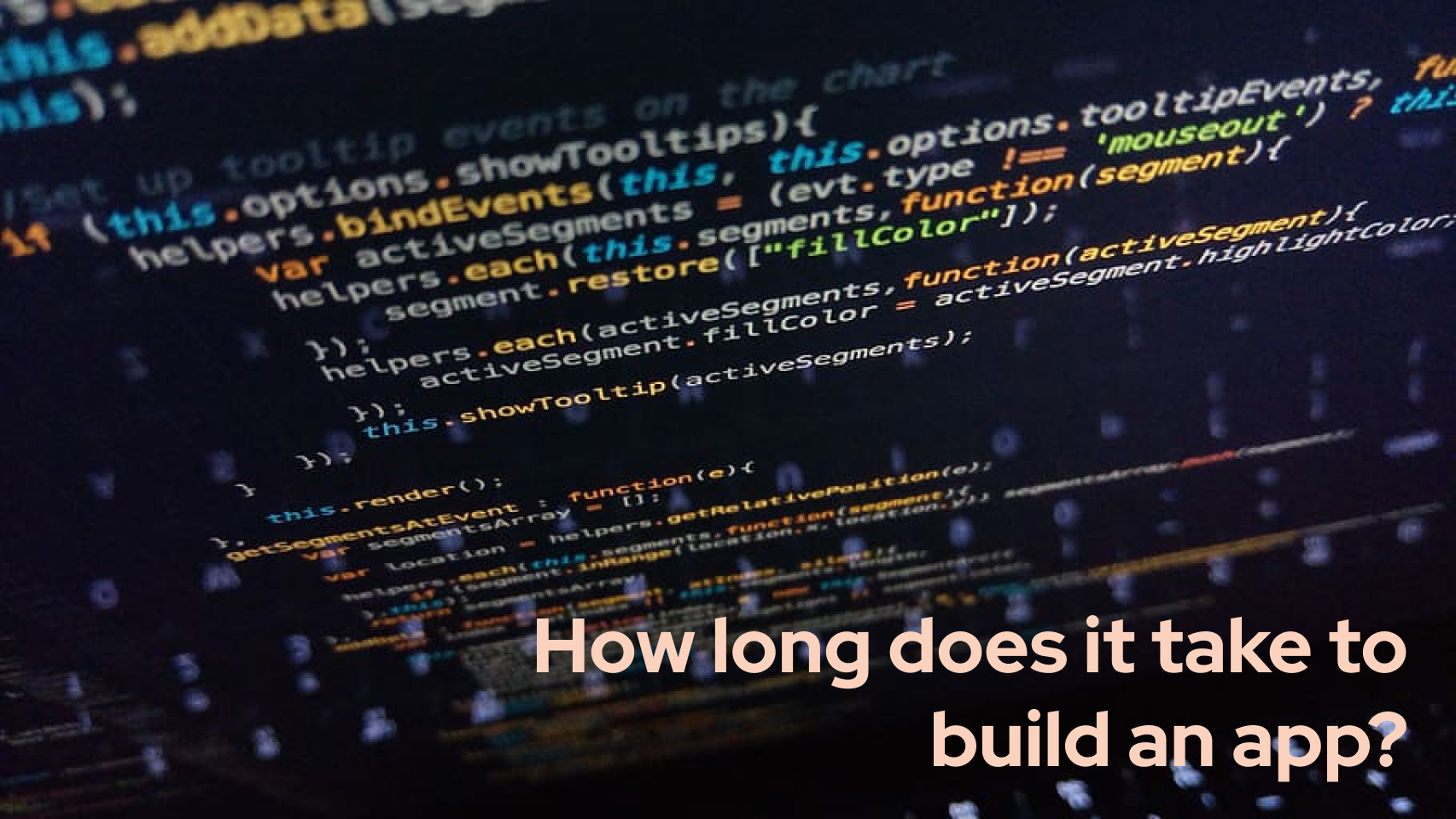
1. Planning and Research (2-4 weeks)
Any successful app should be supported by planning and research. In this phase, the app's objectives are defined, the target user group is identified, and the organisation's market needs are understood. Businesses do deep research to understand the users' and competitors' expectations and the technology stack that would be used to develop the app.
This step would take 2-4 weeks, depending on the nature of the research to be carried out. For example, when this application is focused on niche market targeting, that much time must have been employed to establish precisely what would hurt the target users.
A well-planned development process saves the business from problems at the tail end. Indeed, 52% of Mobile App Developers who took this survey said a well-thought-out app strategy and just enough market research saved tremendous amounts of time in the whole development process. Even proper planning can save companies from further stagnation or disorientation regarding design and development.
2. Design and Prototyping (3-6 Weeks)
After the objectives of Mobile App Development Dubai, designing and prototyping follow. This stage is the basis for developing the mobile app's UI and UX. It involves creating wireframes, mockups, and interactive prototypes that clearly show how an application will appear and function.
This might take as long as 3 to 6 weeks, depending on the complexity level of the application's interface design. An app with a simple interface may not need more than a simple design. On the other hand, an app will need a complex animation or unique graphics and layers. Last but not least, mobile application development companies must also test this app on numerous devices and the sizes of screens it may take.
At that time, truth-design tools and prototypes like Figma and Sketch came to light. Moreover, it could not be spoken of enough that the whole reason relies on the fact that only 88% of its visitors will always refrain from returning once if an app does not bring over its straightforward design navigation with one's simple mind.
This also keeps the users satisfied; therefore, there is an excellent likelihood that the users will be optimistic about the application and maintain a high retention rate. For instance, 70% of users will remove an application if they have a horrible experience.
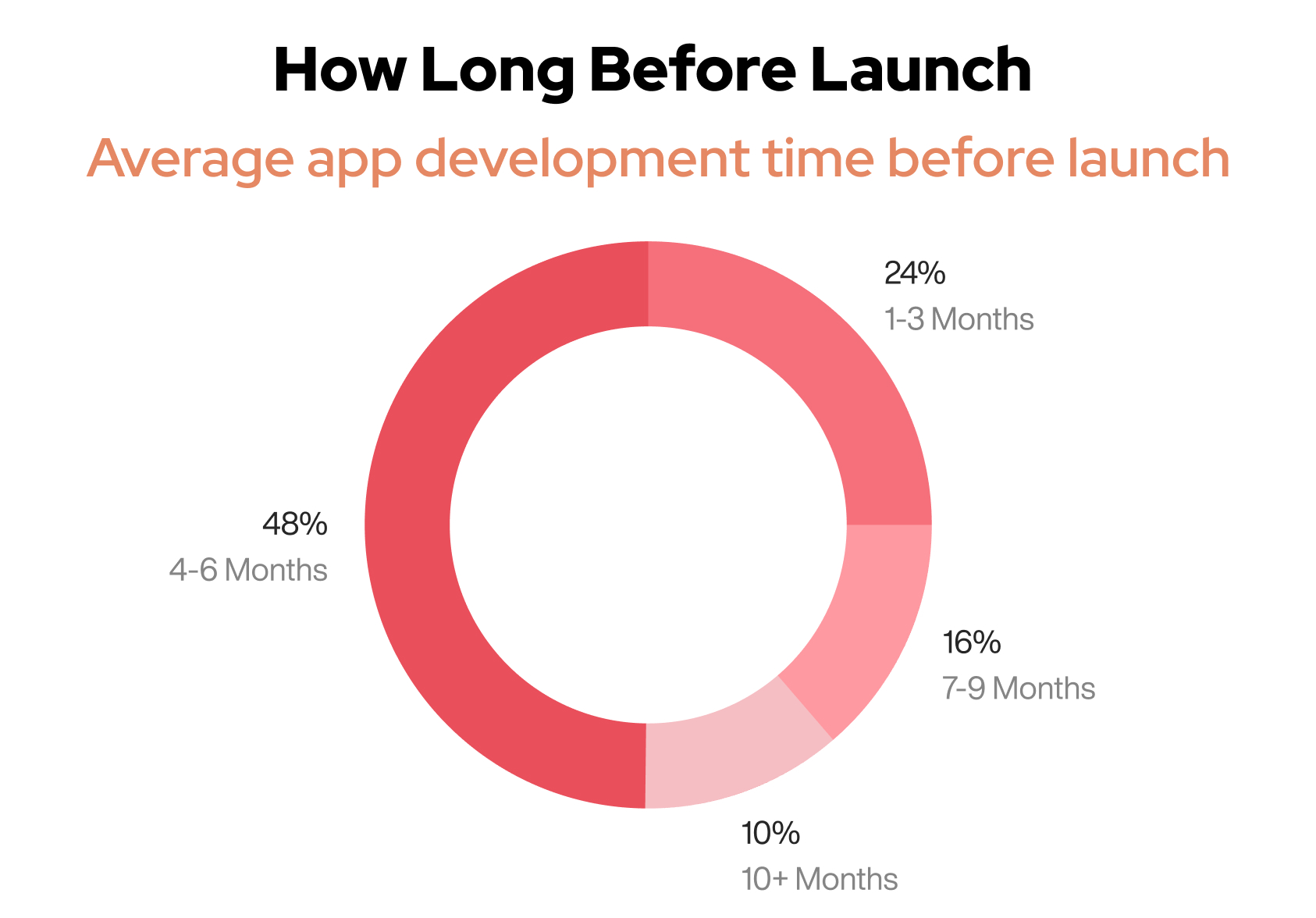
3. Development and Coding (2-12 Months)
This is the development stage, also the longest and most resource-intensive phase of creating an app. The developer creates the areas that users will interact with during development on the front-end app and the back-end server side, infrastructure databases, and API.
The development phase would depend entirely on how complex the app is, its features, and how many platforms it'll be built on. Rough approximation:
Simple Applications:
2 to 3 months. These will likely be your minimum application functionality with no customisation and the least need. An info app or any simple online shop app should work well in such a period.
Medium Complexity Applications:
4 to 6 months. Generally, some applications have relatively moderate functionalities such as user authentications, integrating their social media network, and payment gateway services.
Complex Applications:
6 to 12 months or more. Applications with a demanding feature set, including AI and/or ML integration into a real-time chat system and a deep back-end, require longer, typically taking a year or more. Generally speaking, most applications fall within an enterprise application type or a bespoke application with its features.
This would include the fact that, as App Development Insights 2024 noted, the development phase occupies almost 40% of the whole schedule of development. Many mobile developers suffer delays in this development phase caused by back-end infrastructure to be utilised and associated with applications. One is that it may be as extensive as what the integration would need with other systems or a call for performance improvement.
4. Testing and QA 4-6 Weeks
Testing is a process initiated for a developed application. It tests bugs, security breaches, and general functionalities within the application. The process ensures that an application functions without bugs and should work smoothly with all equipment and software.
The testing stage usually takes 4 to 6 weeks, but if the app is significant and so many bugs keep popping up during testing, it will take way longer than that. Testing plays a huge part in the development cycle. Even the minute bugs make users give low reviews and eventually leave the application behind.
This phase of the development process for mobile applications is going to cover the following by the mobile developers:
1. Functional testing: Whether the application performs the intended functions.
2. Usability testing: Testing whether the application is easy to use and user-friendly.
3. Security testing: Finding out whether any vulnerability has crept into the application, making it breach security.
4. Compatibility testing: Testing the application's functionality on different operating systems and devices.
The likelihood of successful apps will increase to 40 per cent if they experience longer quality assurance testing after successful launching, as the incidences of system crashes and functional failures will reduce.
5. Deployment and Maintenance: Week 1 - 3
Once the testing is over and ready for deployment, the application will be submitted to app stores, including the Google Play and Apple App Store. Approvals take 1-3 weeks, but within that period, an app store will analyse the application and decide whether it meets the set standards.
This is where updates are done in our Mobile App Development Company: from here, all bug fixes should be implemented, or the roll-out of some new features will be completed, thereby upgrading app performance. Maintenance, in this respect, is not a one-time activity but is done after the app has been released in its initial version.
Factors That Affect App Development Timeline
Although a basic timeline for developing an application was discussed, some other factors can delay the duration for which the app has to be developed. Some of the most significant factors are as follows:
1. Feature Complexity:
The longer it will take, the more the features integrate third-party API, customise animations, or build AR capability.
2. Team Size and Expertise:
The larger or more experienced your team is in development, the faster their timeline to delivery is likely to be. A more minor or less developed team will almost always take much longer.
3. Platform Selection:
The duration is longer when an individual develops iOS and Android applications. However, as Flutter and React Native have been launched, the time required to develop cross-platform applications has become much smaller than in earlier years.
4. App Store Approval Process:
Apple and Google approve it before it hits the various stores. Sometimes, it might take longer because of other circumstances, like not aligning with specific guidelines or having security issues.
How DXB APPS Helps in Developing an App in 2025?
DXB APPS is one of the top Mobile App Development Company Dubai. We carefully help businesses at all levels scratch-to succeed with customised mobile apps of their specific choice.
From planning to deployment and post-launch support, DXB APPS ensures each stage of the development process is done efficiently and effectively. We develop bespoke strategies with our clients that align with their business because we believe in bringing forward a quality mobile app development Abu Dhabi that helps connect users in the intended market.
DXB APPS develops your App Development in Dubai using best practices in utilising state-of-the-art technology stacks and frameworks. Our skilled and experienced mobile application developers in Dubai and Abu Dhabi can develop any app on iOS and Android platforms, ranging from simple solutions to complex, enterprise-level requirements, all finished within the scheduled time and budget.
Conclusion
The time required for developing a Mobile App in 2025 largely depends on the level of challenges posed by the app itself, the features or the design of the app or the competence of the development squad. It can take three to six months for simple applications, while for complicated, enterprising-level applications, it takes about six to 12 months. We at DXB APPS walk businesses through this process, ensuring their app is developed on schedule and aligned with their business strategy.
This means understanding an app development timeline and planning beforehand so that everything goes smoothly and efficiently, thus resulting in a high-quality app that can add value to its users.
FAQs
Q1. What amount of time is required for generating a simple mobile-based app?
A1: Based on features and type, less than a 3-month timeframe to do this would go through as development is simpler regarding both, 2 End.
Q2: What are the factors affecting the time to develop an app?
A2: All of these affect the time-to-market: the Complexity of the application, the team's experience, whether it is an iOS or Android platform, and the number of features.
Q3: What are the ways to speed up app development?
A3: Proper planning, coordination with the development team, and ready-made solutions for standard features are some ways to hasten the development process.

